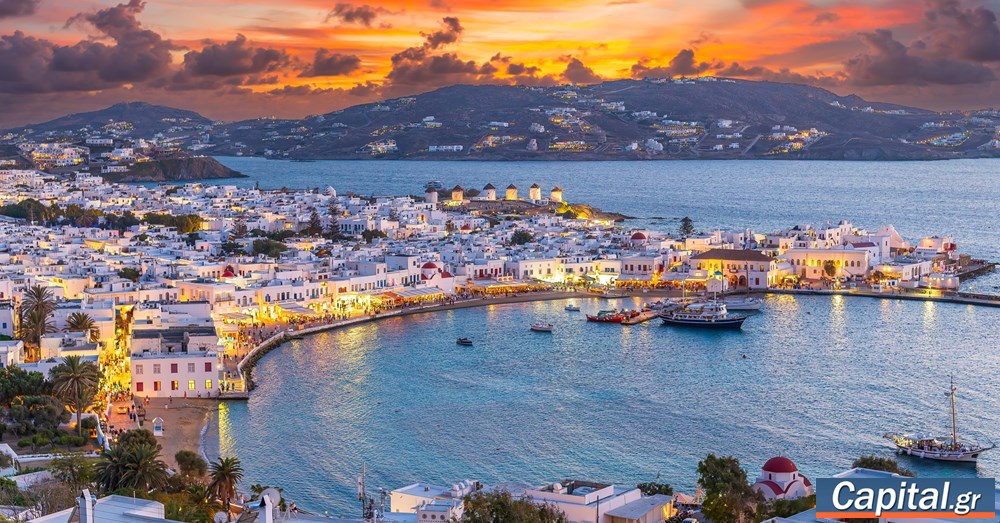G. Vernikos: The challenges of Greek shipping
Source: Tornos News
We Greeks are closely connected to the sea element, which has been an object of worship since ancient times — a source of admiration, but also of exploitation, as it has always represented for Greeks a source of wealth and a pathway to communicate with other peoples. It is no coincidence that for us, the “Tomorrow” of the world is always tied to a “ship.” And the first ship with an identity: the “Argo.” The most famous mythical commercial and maritime adventure, aimed at acquiring the Golden Fleece.
Shipping remains today the compass for our country in repositioning ourselves on the map of the modern global landscape. Shipping encompasses many different branches and sectors. There is ocean-going shipping, cruise ships, coastal shipping, and maritime tourism. There are also ports, the entire cluster of the so-called “blue economy,” and even the management of seas and oceans. Of course, Greek ocean-going shipping plays a leading role. Greek shipowners control approximately 5,000 vessels and hold a 17% share in deadweight tonnage (dwt), meaning that one in six tons transported globally is carried by Greek interests. In the tanker sector, Greece holds 29% of the global tanker fleet and 24-25% in dry bulk carriers and the LNG fleet.
Therefore, the future of shipping concerns us all, in all its sectors, with a particularly significant role for ocean-going shipping.
At the Hellenic Chamber of Shipping, we have cultivated partnerships on both national and international levels, always aiming to safeguard our shipping industry — the most strategic and resilient sector of the Greek economy. We have consistently placed emphasis on respecting institutional bodies and associations, and we believe that only through mutual respect and meaningful collaboration, with one united voice, can we produce tangible and lasting results.
At the same time, Greek shipping faces challenges such as geopolitical instability, economic uncertainty, pressure for rapid decarbonization and the unbearable financial cost that comes with it, increasing global competition, and changing international regulations. Greece’s ability to adapt quickly to these challenges, without sacrificing its quality and reputation, will determine whether it remains at the top in the future.
Many of today’s shipowning families have roots that go back many years. In the early 1830s, it is estimated that 700 Greek commercial ships sailed the seas, and in 1834 the Port Authority was organized, bringing with it a long-standing experience and tradition.
The experience of traditional major shipping families is a treasure trove of knowledge and strategic insight, tested over decades of global maritime activity. When this experience is combined with the entrepreneurial spirit, innovation, and technological fluency of the younger generation, a powerful competitive advantage is created.
Intergenerational cooperation can bring a balance between tradition and modern approaches, allowing Greek shipping to lead in new markets, invest in green technologies, and make use of digital tools without losing the credibility and reputation built over decades. In other words, traditional wisdom and new dynamism are the ideal combination for a sustainable and leading future.
Shipping includes many branches and sectors. Naturally, maritime tourism is a major part of the maritime economy. Maritime tourism in Greece is a significant comparative advantage for our country. The Greek archipelago, the Greek “Polynesia,” the unique light — all make Greece the world’s top destination for maritime tourism. Naturally, maritime tourism has enormous potential to integrate green practices, such as the use of low-emission vessels, hybrid or electric boats, and more efficient energy and waste management, without impacting the visitor experience. But I must also emphasize the importance of modernizing ports and marinas to adapt to current demands. Certainly, green innovation should be a competitive advantage, as more and more travelers choose destinations that respect the environment. With proper planning, investment in technology, and staff training, maritime tourism can combine sustainability, safety, and high-quality services — keeping this sector of Greek shipping at the top of the global map as well.
(*) Excerpt from a speech by George Vernicos at an event organized by the Alumni Association of Leonteios School on the topic: The Future of Shipping.
(**) George Vernicos is an Honorary Member of the Board of the Hellenic Chamber of Shipping, Secretary General of the Greek Tourism Confederation (SETE), and President of VERNICOS YACHTS.
The original article: belongs to Tornos News .


